




Fabric softener has long been a staple in many households for its ability to make clothes feel softer and smell fresher. However, there is growing concern about its potential harm to both our health and our clothes. With conflicting opinions and studies, it can be difficult to know the truth about fabric softeners.
One of the main concerns surrounding fabric softeners is their impact on our health. Some studies suggest that certain chemicals found in fabric softeners, such as phthalates, may be endocrine disruptors linked to hormone imbalances and other health issues. Additionally, the strong fragrances in fabric softeners can trigger allergies and respiratory problems in sensitive individuals.
Another concern is the effect that fabric softeners may have on our clothes. While they may make fabrics feel softer, they can also cause a buildup of residue over time. This residue can make clothes less absorbent, decrease their breathability, and even cause them to deteriorate more quickly. Furthermore, fabric softeners can reduce the effectiveness of certain fabrics, such as activewear or towels, by coating the fibers and making them less able to wick away moisture or dry quickly.
It is important to note that not all fabric softeners are created equal. Some brands offer more natural and biodegradable options that are free from certain chemicals of concern. However, even these alternatives may not be suitable for everyone, especially those with sensitivities or allergies. Ultimately, it is up to each individual to weigh the potential risks and benefits and make an informed decision about whether or not to use fabric softeners.
In conclusion, fabric softeners have both potential benefits and risks. While they can make clothes feel softer and smell better, they may also contain chemicals that can be harmful to our health and may negatively affect the longevity and performance of our clothes. If you choose to use fabric softeners, it is important to do your research, consider alternatives, and be mindful of any sensitivities or allergies you may have. Ultimately, the choice is yours.
Is Fabric Softener Harmful for Your Health or Your Clothes? Know the Truth
What is fabric softener?
Fabric softener is a laundry product that is designed to make fabric feel softer and reduce static cling. It is typically used in the final rinse cycle of a washing machine. Fabric softeners can come in liquid or dryer sheet form.
How does fabric softener work?
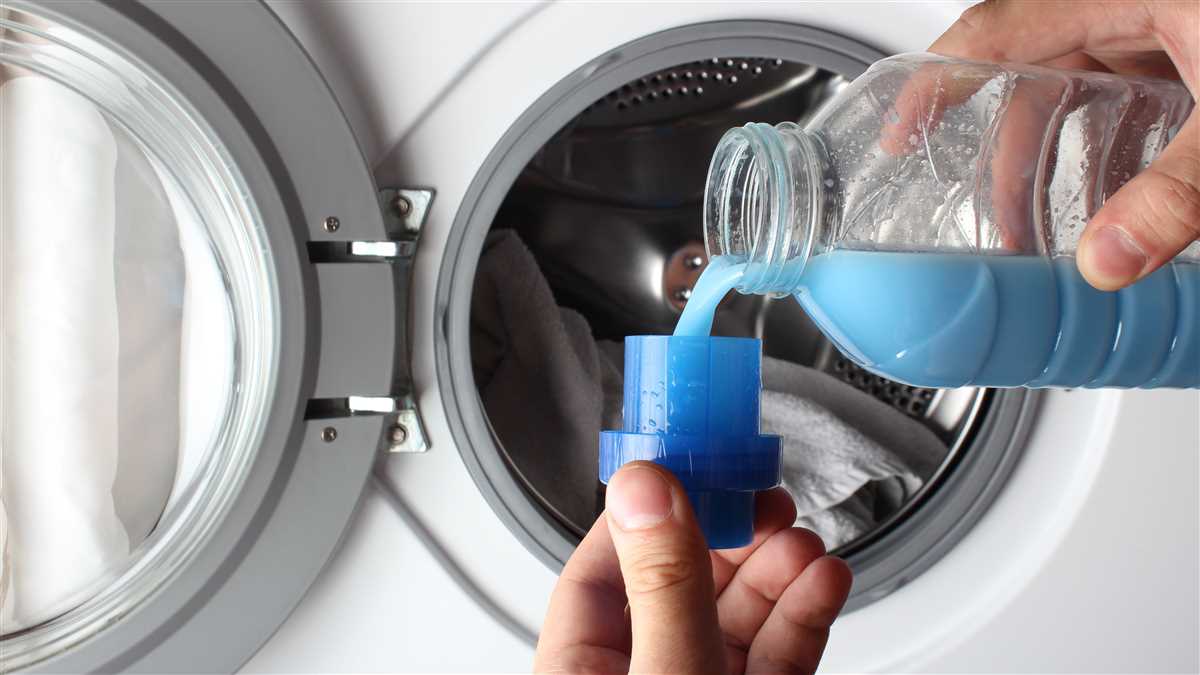
Fabric softeners work by coating the fabric fibers with a thin layer of chemicals that make the fabric feel smoother and reduce static electricity. This can help prevent clothes from sticking together, make them easier to iron, and reduce wrinkles.
Are fabric softeners harmful to your health?
There is some debate about the potential health effects of fabric softeners. Some studies have suggested that certain chemicals found in fabric softeners may be harmful to humans and the environment.
One of the main concerns is the presence of volatile organic compounds (VOCs) in fabric softeners. These chemicals can be released into the air and may contribute to indoor air pollution. Some VOCs have been linked to respiratory irritation, allergies, and asthma.
Are fabric softeners harmful to your clothes?
Fabric softeners can have both positive and negative effects on your clothes. On one hand, they can make the fabric feel softer and reduce static cling. This can help prevent clothes from becoming stiff and uncomfortable.
On the other hand, fabric softeners can leave a residue on clothes. This residue can build up over time and make the fabric less absorbent. This can be a problem for items like towels, as it can reduce their ability to absorb water.
Alternatives to fabric softeners
If you are concerned about the potential health effects of fabric softeners or the residue they can leave on your clothes, there are alternatives you can try. One option is to use vinegar as a natural fabric softener. Simply add half a cup of white vinegar to the rinse cycle of your washing machine. Vinegar can help soften fabric and reduce static cling.
Another option is to use dryer balls, which are reusable balls that you can add to your dryer. They help to fluff up your clothes, reduce static cling, and speed up drying time.
Conclusion
While fabric softeners can make your clothes feel softer and reduce static cling, there are potential health and clothing-related concerns to consider. If you are worried about the effects of fabric softeners, you can try using alternative methods such as vinegar or dryer balls. Ultimately, the choice is up to you and what you feel comfortable using for your laundry routine.
Understanding Fabric Softener and Its Effects
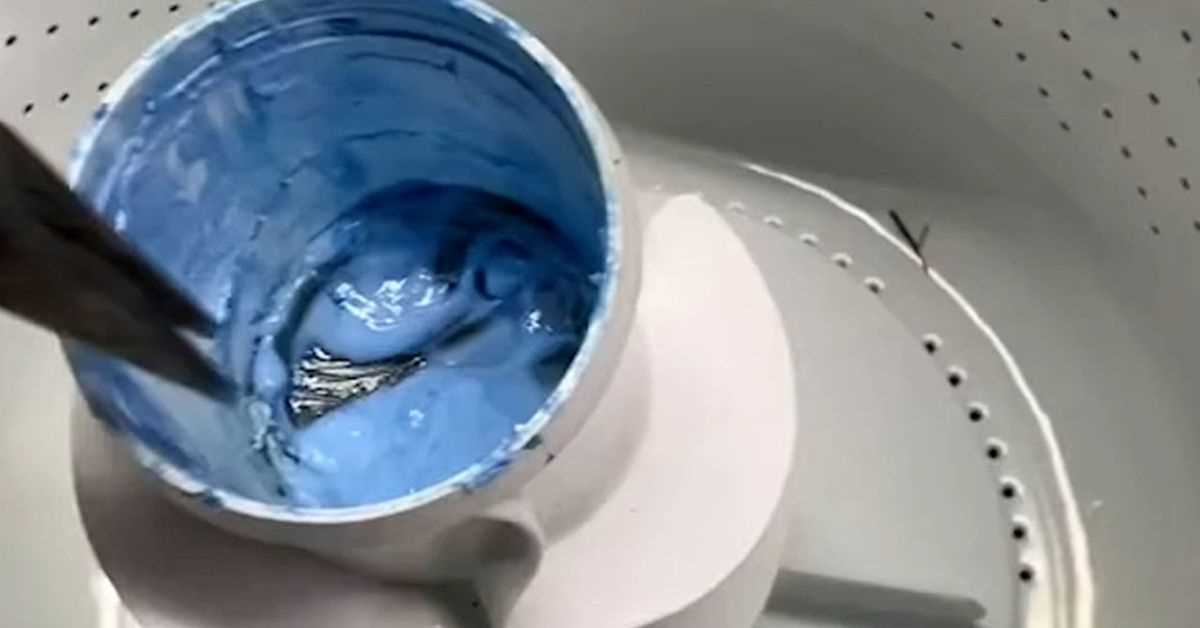
Fabric softener is a product commonly used in laundry to provide softness and fragrance to clothes. While many people enjoy the benefits of fabric softener, it is important to understand its effects on both health and clothes.
Effects on Health
- Fabric softeners contain chemicals that can cause respiratory irritation in certain individuals. These chemicals can trigger asthma attacks and allergic reactions in sensitive individuals.
- Some fabric softeners contain harmful ingredients such as phthalates, which have been linked to hormone disruption and reproductive issues.
- The fragrance in fabric softeners can also cause headaches and skin irritation in some people.
Effects on Clothes
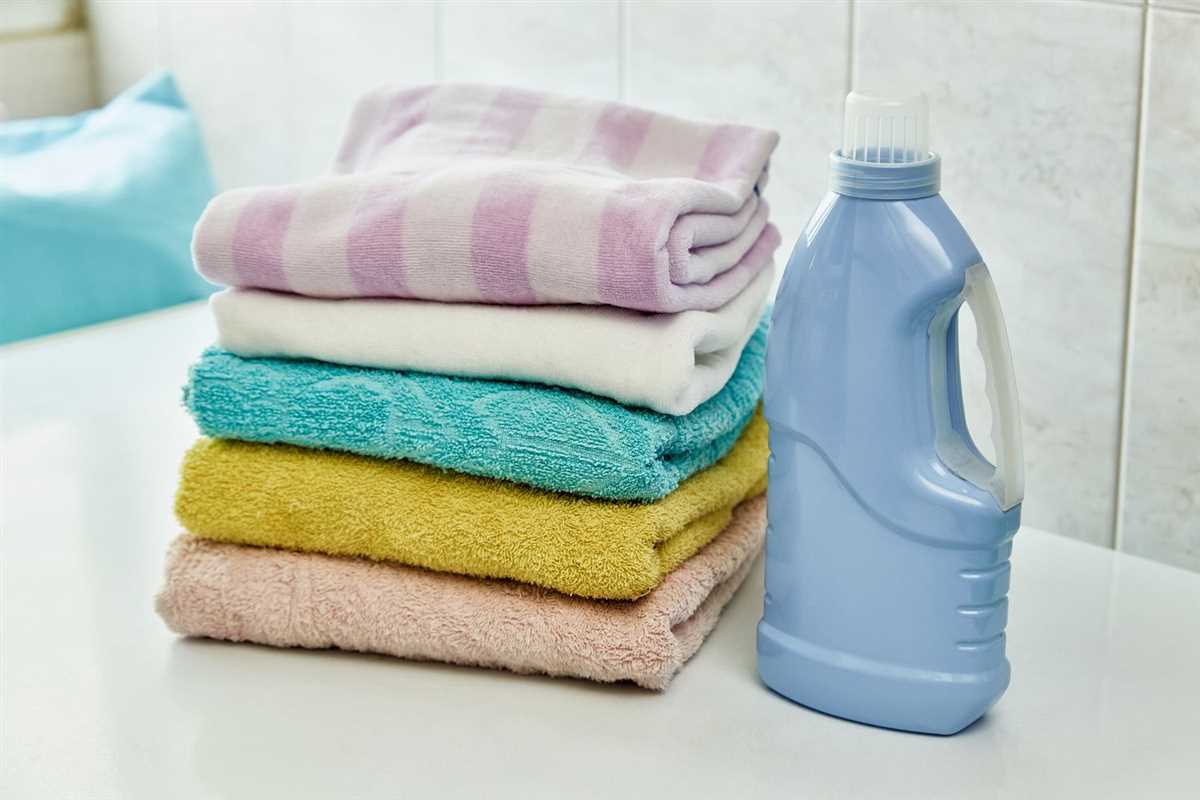
- Fabric softeners can leave a residue on clothes, which can reduce the absorbency of towels and decrease the breathability of fabrics.
- Over time, the use of fabric softeners can cause a buildup in fabrics, making them less durable and prone to pilling.
- Some fabric softeners can cause stains or discoloration on certain fabrics, especially when used in high concentrations or with high heat.
It is important to note that not all fabric softeners have the same effects, and some manufacturers have started producing eco-friendly and hypoallergenic options. These alternatives aim to minimize the potential negative impacts on both health and clothes.
| Chemical | Effects |
|---|---|
| Phthalates | Linked to hormone disruption and reproductive issues |
| Quaternary Ammonium Compounds | Can cause respiratory irritation and skin allergies |
| Fragrances | May trigger headaches and skin irritation |
In conclusion, fabric softeners can have both positive and negative effects. It is important to consider individual sensitivities and preferences when deciding whether to use fabric softener. If you choose to use fabric softeners, opting for eco-friendly and hypoallergenic options can help reduce potential harm to your health and clothes.
Potential Health Risks of Fabric Softener
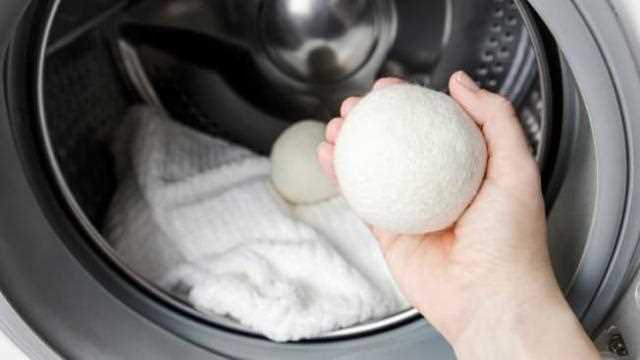
Fabric softeners are commonly used to add a pleasant scent and reduce static cling to laundry. However, they may also carry potential health risks that consumers should be aware of.
1. Allergies and Skin Irritation
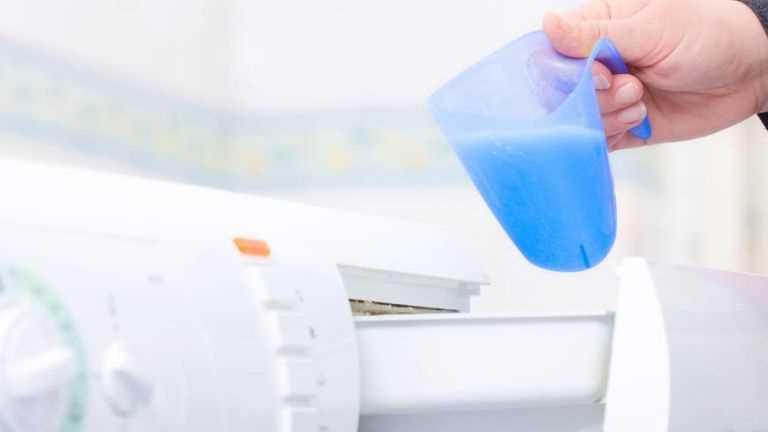
Many fabric softeners contain fragrances and other chemicals that can cause allergic reactions or skin irritation, especially in individuals with sensitive skin. Common symptoms may include itching, redness, rashes, and hives.
2. Respiratory Issues
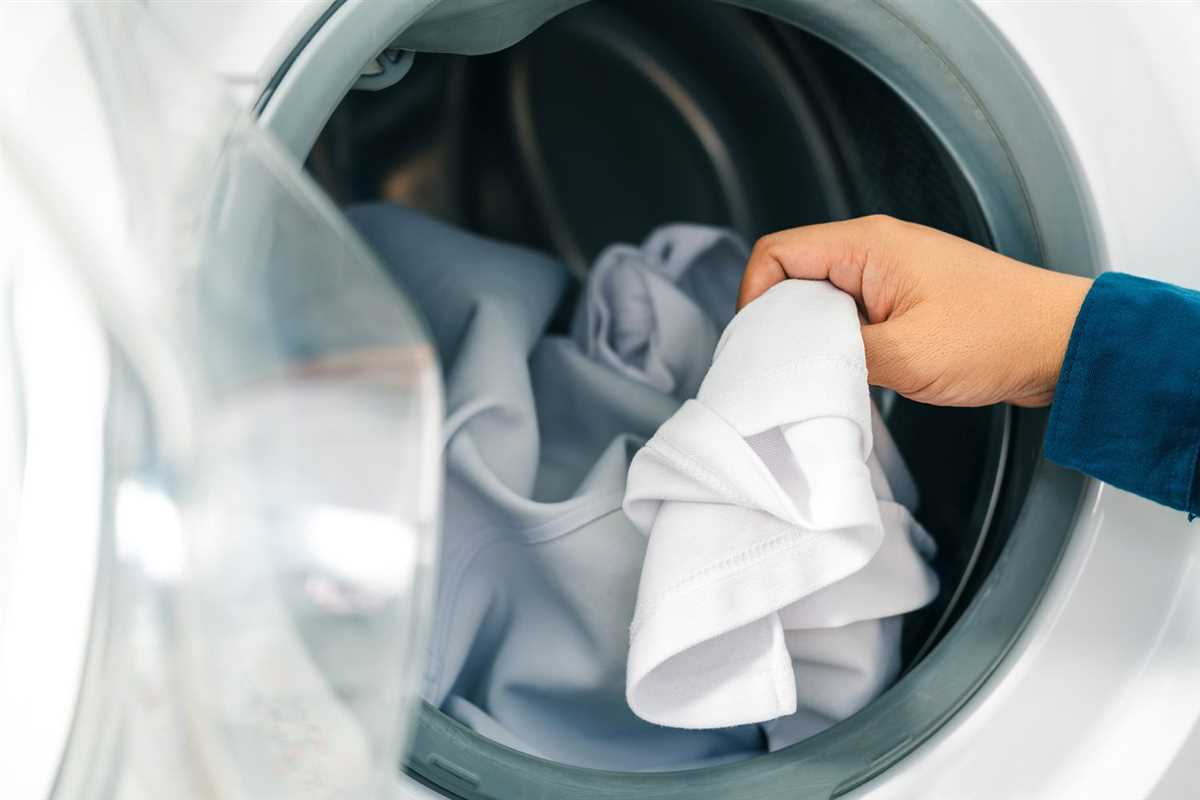
The chemicals found in fabric softeners, including volatile organic compounds (VOCs) and other respiratory irritants, can cause or worsen respiratory problems such as asthma, bronchitis, and allergies. Breathing in these chemicals regularly may lead to long-term damage to the respiratory system.
3. Environmental Concerns
Many fabric softeners contain ingredients that are harmful to the environment. These chemicals can accumulate in water sources and harm aquatic life. Moreover, the production and disposal of fabric softeners contribute to pollution and other environmental problems.
4. Impact on Indoor Air Quality
Using fabric softeners can release chemicals into the air inside your home, affecting indoor air quality. This can be especially problematic for individuals with respiratory conditions or allergies. Regular exposure to these chemicals may lead to poor air quality and potential health issues.
5. Chemical Sensitivities
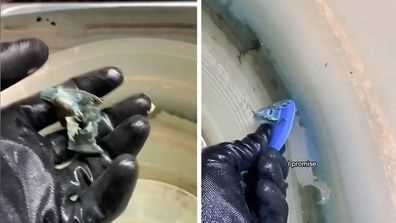
Some individuals may develop sensitivities or allergies to various chemicals found in fabric softeners. These chemical sensitivities can cause a range of symptoms, including headaches, dizziness, and difficulty breathing.
6. Toxicity
Some fabric softeners contain chemicals that are toxic to humans and animals. These chemicals can be harmful if ingested or come into contact with the skin. Young children and pets may be particularly susceptible to accidental ingestion or exposure.
While the specific health risks may vary depending on the ingredients used in different fabric softener products, it is important to consider the potential dangers associated with their use. To minimize these risks, consider using natural alternatives, such as vinegar or baking soda, for fabric softening purposes.
Impact on the Environment
Fabric softeners can have a significant impact on the environment, particularly due to their chemical compositions and the way they are disposed of.
Chemical Pollution
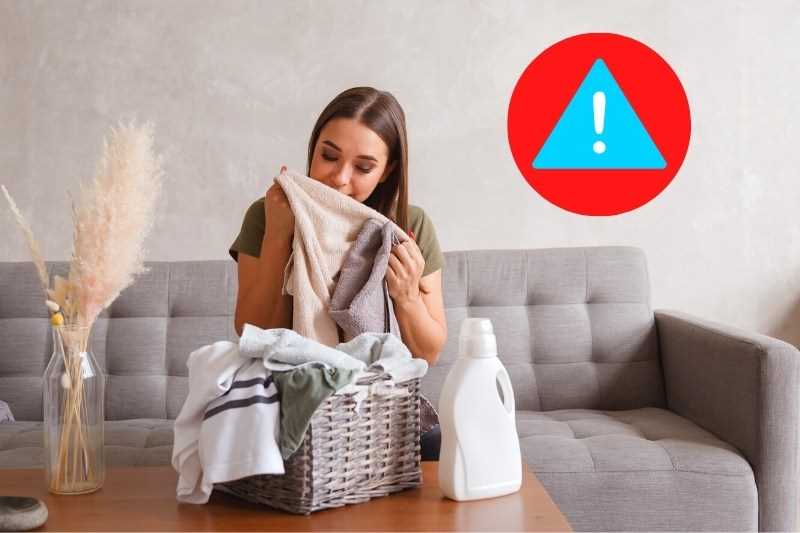
Many fabric softeners contain chemicals that can be harmful to the environment. These chemicals can include ingredients such as fragrance chemicals, surfactants, preservatives, and synthetic polymers.
When fabric softeners are used in the laundry, these chemicals can be released into the water supply. They can end up in rivers, lakes, and oceans, where they can have detrimental effects on aquatic life. For example, some chemicals in fabric softeners can disrupt the hormone systems of fish and other organisms, leading to reproductive issues and other health problems.
Water Pollution
The chemicals in fabric softeners can also contribute to water pollution in other ways. When fabric softener-treated clothes are washed, the chemicals can remain in the wastewater. If this wastewater is not properly treated, it can be released into the environment, potentially contaminating water sources.
Additionally, fabric softeners can contribute to the overgrowth of algae in water bodies. This is because some of the chemicals in fabric softeners can act as nutrients for algae, leading to eutrophication. Eutrophication can harm aquatic ecosystems by causing oxygen depletion, which can negatively affect fish and other organisms.
Waste Generation
The use of fabric softeners also contributes to waste generation. Most fabric softeners come in plastic bottles, which can end up in landfills or pollute the environment if not properly disposed of. The production and disposal of these bottles contribute to plastic pollution, which has far-reaching implications for the environment.
Additionally, fabric softener sheets are often used as single-use items and are thrown away after each use. This further adds to the waste generated by fabric softeners.
Sustainable Alternatives
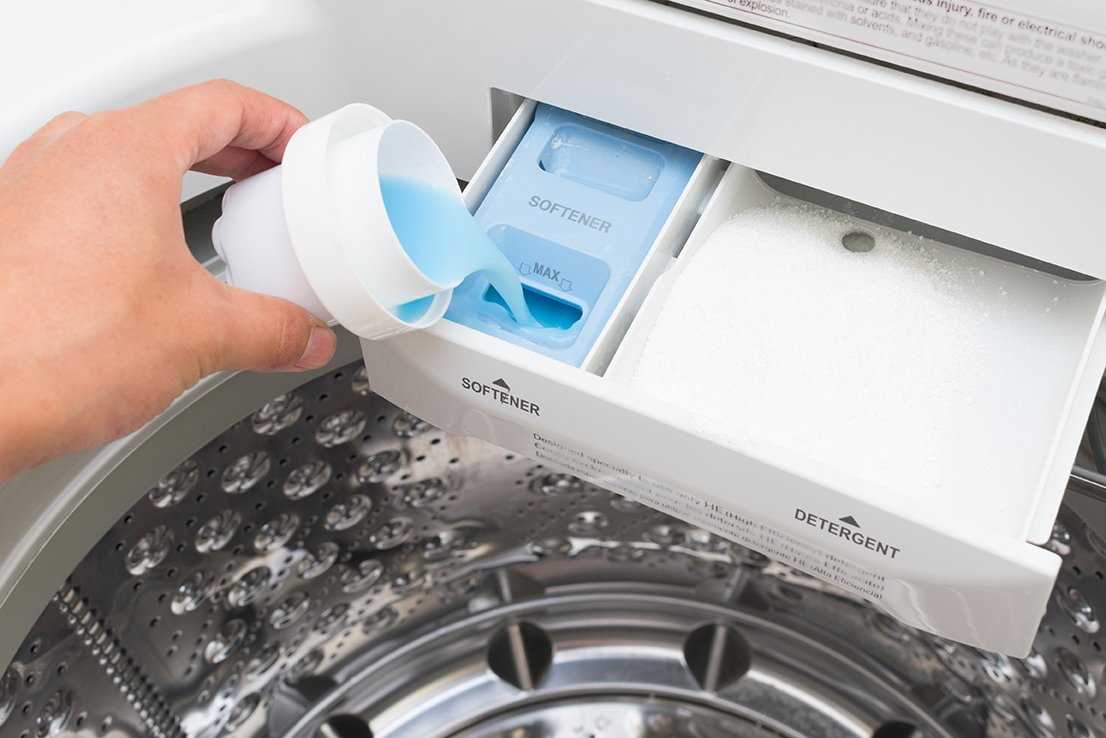
To reduce the environmental impact of fabric softeners, it is important to consider sustainable alternatives. These alternatives may include using natural alternatives like vinegar or baking soda, or choosing eco-friendly fabric softeners that are free from harmful chemicals and have minimal packaging.
Furthermore, reducing the use of fabric softeners altogether can also have a positive impact on the environment. Using less product means less chemical pollution and waste generation.
Alternatives to Conventional Fabric Softeners
For those concerned about the potential health and environmental risks associated with conventional fabric softeners, there are several alternative options available:
- Wool Dryer Balls: These reusable balls help soften clothes and reduce static by increasing air circulation in the dryer. They can also help reduce drying time, saving energy and money.
- Vinegar: Adding 1/2 cup of white vinegar to the rinse cycle can help eliminate static cling and soften clothes. Vinegar can also help remove odors and detergent residue from fabrics.
- Baking Soda: Adding 1/2 cup of baking soda to the wash cycle can help soften clothes and remove odors. Baking soda is also a natural deodorizer and can help remove stains.
- Essential Oils: Adding a few drops of essential oils, such as lavender or lemon, to the wash cycle or dryer can provide a natural fragrance to clothes without the use of chemical-laden fabric softeners.
- Dryer Sheets: There are eco-friendly and biodegradable dryer sheets available that are made from natural materials and infused with essential oils. These sheets can provide a subtle fragrance and reduce static cling.
- Homemade Fabric Softeners: Making your own fabric softeners using natural ingredients like vinegar, baking soda, and essential oils is another option. There are many DIY recipes available online to create effective and eco-friendly fabric softeners.
By opting for these alternative fabric softener options, individuals can avoid the potential risks associated with conventional fabric softeners while still achieving soft and fresh-smelling clothes.
FAQ
Is fabric softener safe to use on all types of clothes?
Fabric softener can be used on most types of clothes, including cotton, linen, and synthetics. However, it is not recommended for use on certain fabrics such as flame-resistant clothing or sportswear with wicking properties.
Can fabric softener cause allergies or skin irritation?
Fabric softeners can contain chemicals that may cause allergies or skin irritation in some individuals. It is advisable to test a small area of your clothing or skin before using fabric softener extensively.
Does fabric softener have any negative health effects?
While fabric softener is generally considered safe to use, some studies have suggested that certain chemicals in fabric softeners may have negative health effects, such as respiratory issues or hormone disruption. It is recommended to use fabric softeners in moderation and follow the instructions on the product.
Is fabric softener necessary for achieving soft and fresh-smelling clothes?
No, fabric softener is not necessary for achieving soft and fresh-smelling clothes. There are alternatives such as using vinegar or baking soda during the laundry cycle, or using dryer balls to help soften the clothes. These methods can be equally effective in achieving desired results without the use of fabric softeners.
Can fabric softener damage the fabric of my clothes?
In some cases, fabric softener can potentially damage certain fabrics, especially those that are delicate or have special finishes. It is important to read the care label of your clothes and follow the manufacturer’s instructions. If in doubt, it is always safer to err on the side of caution and avoid using fabric softener on delicate fabrics.
Is fabric softener harmful for your health?
There is a debate about the potential harm of fabric softeners to human health. Some studies suggest that certain chemicals found in fabric softeners, such as phthalates and fragrance chemicals, may have negative health effects. These chemicals have been linked to respiratory problems, skin irritation, and hormone disruption. However, more research is needed to fully understand the impact of fabric softeners on human health.













